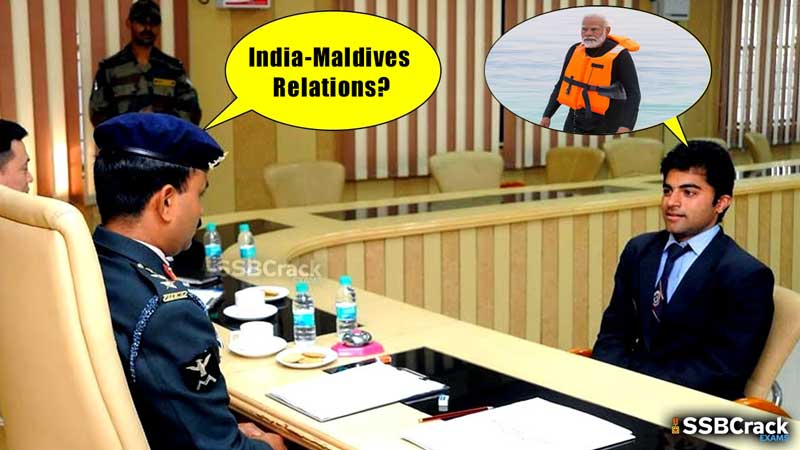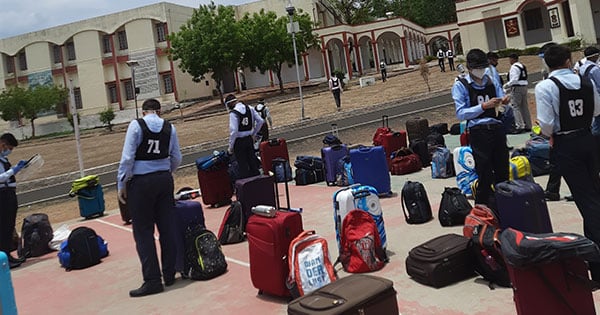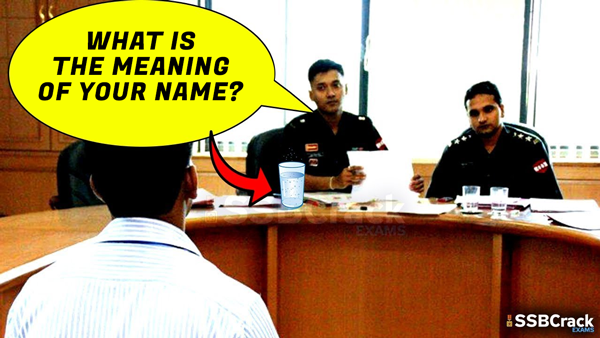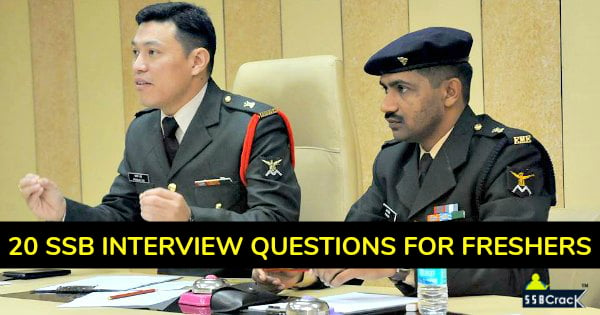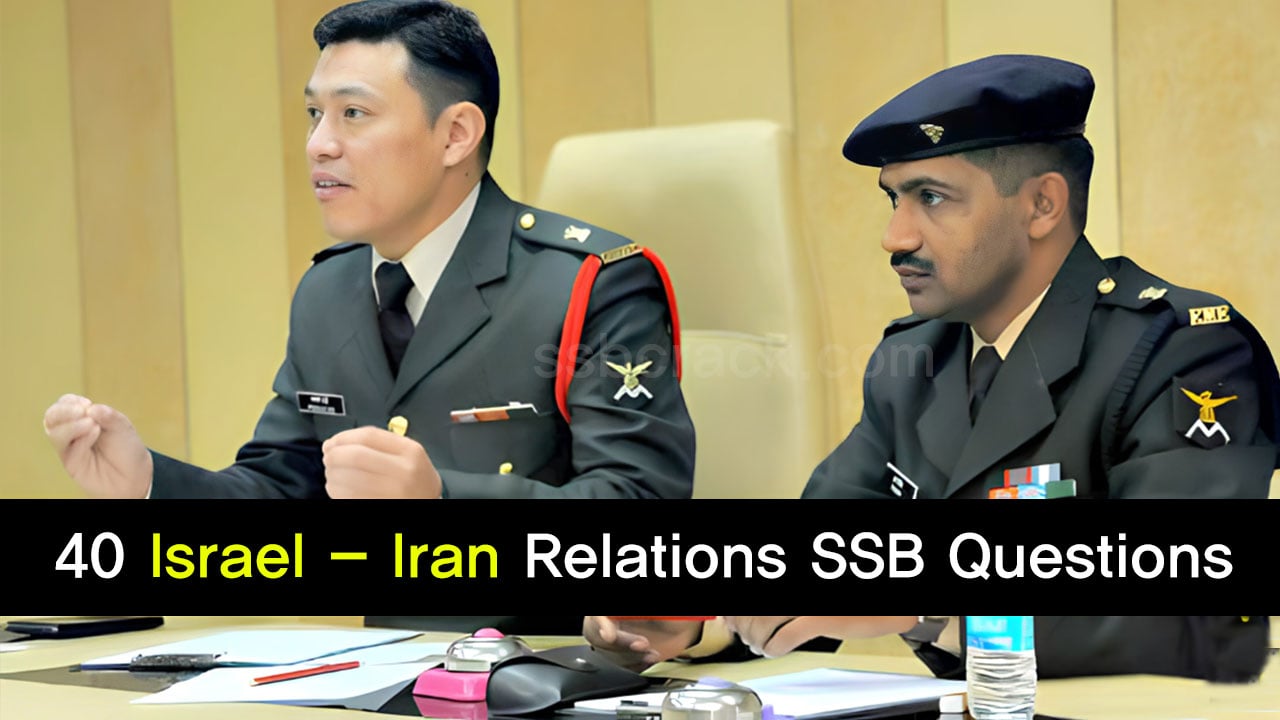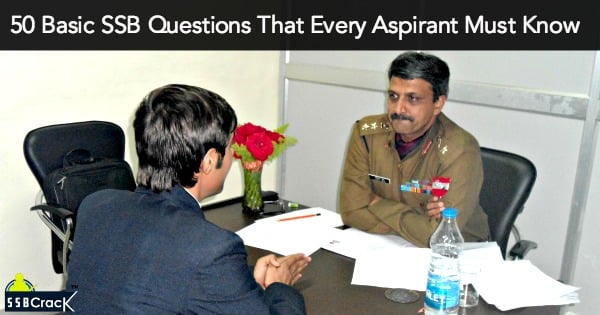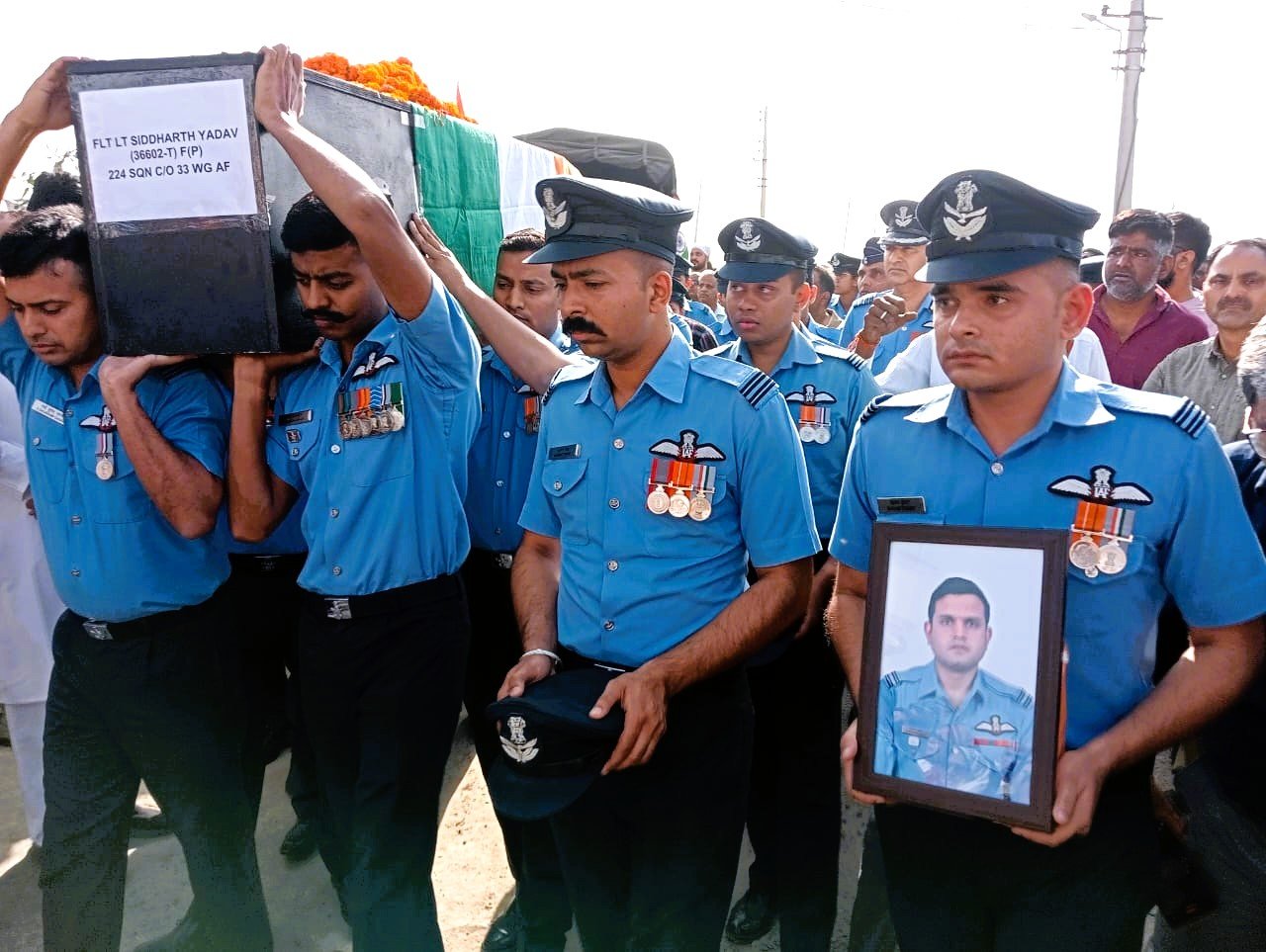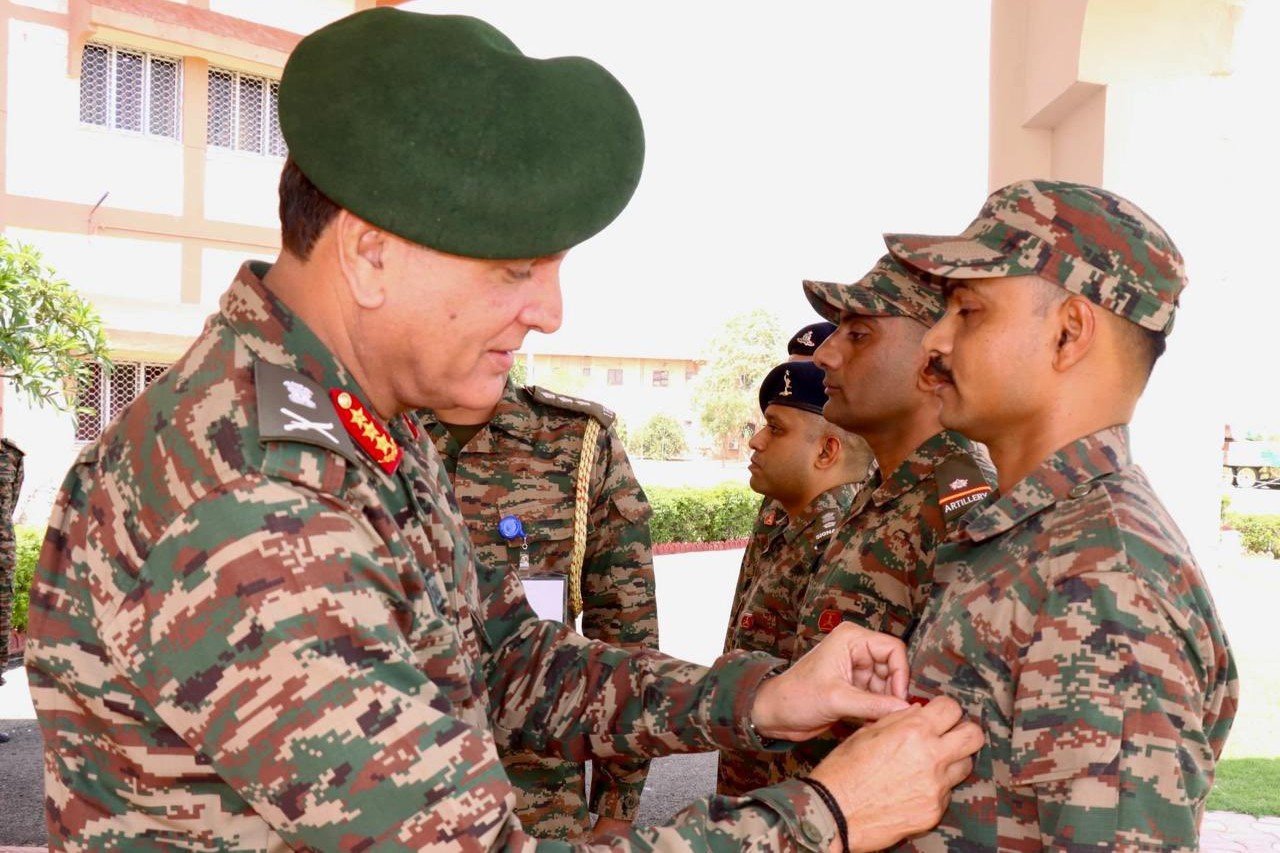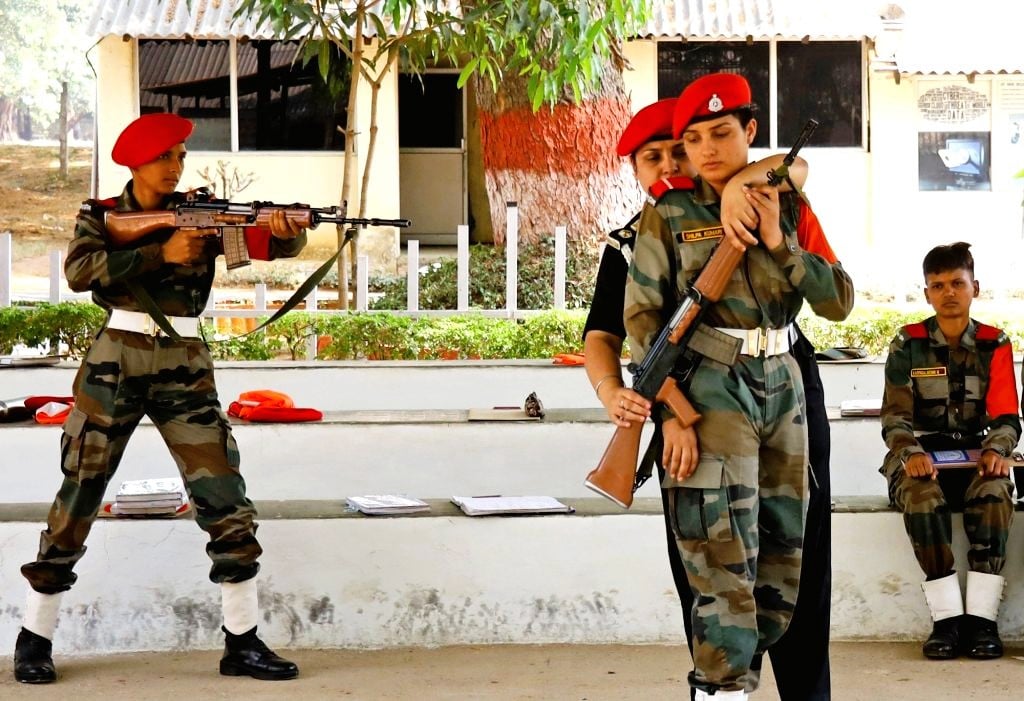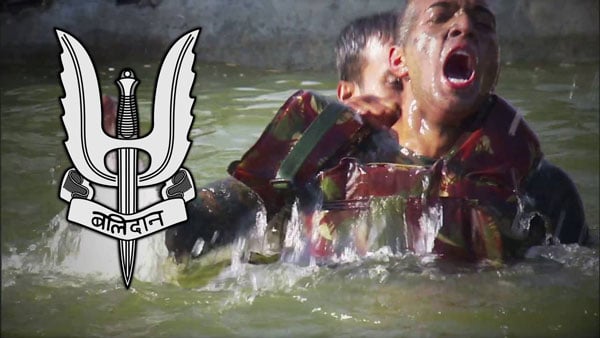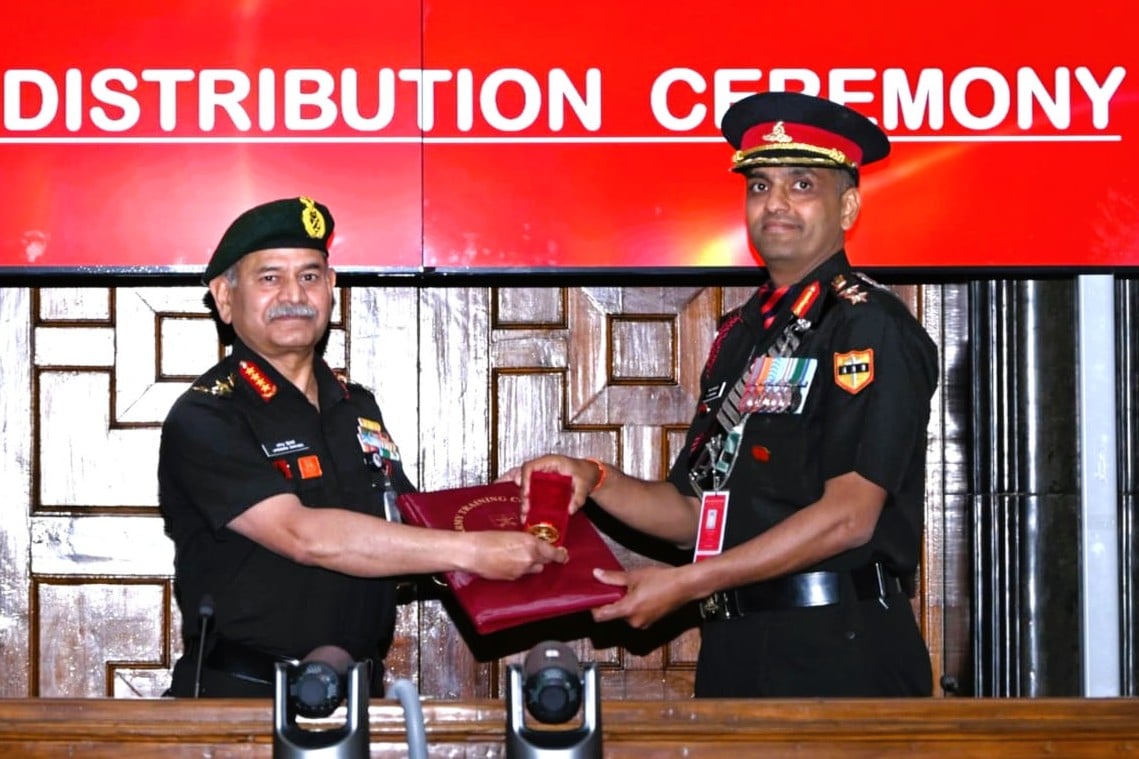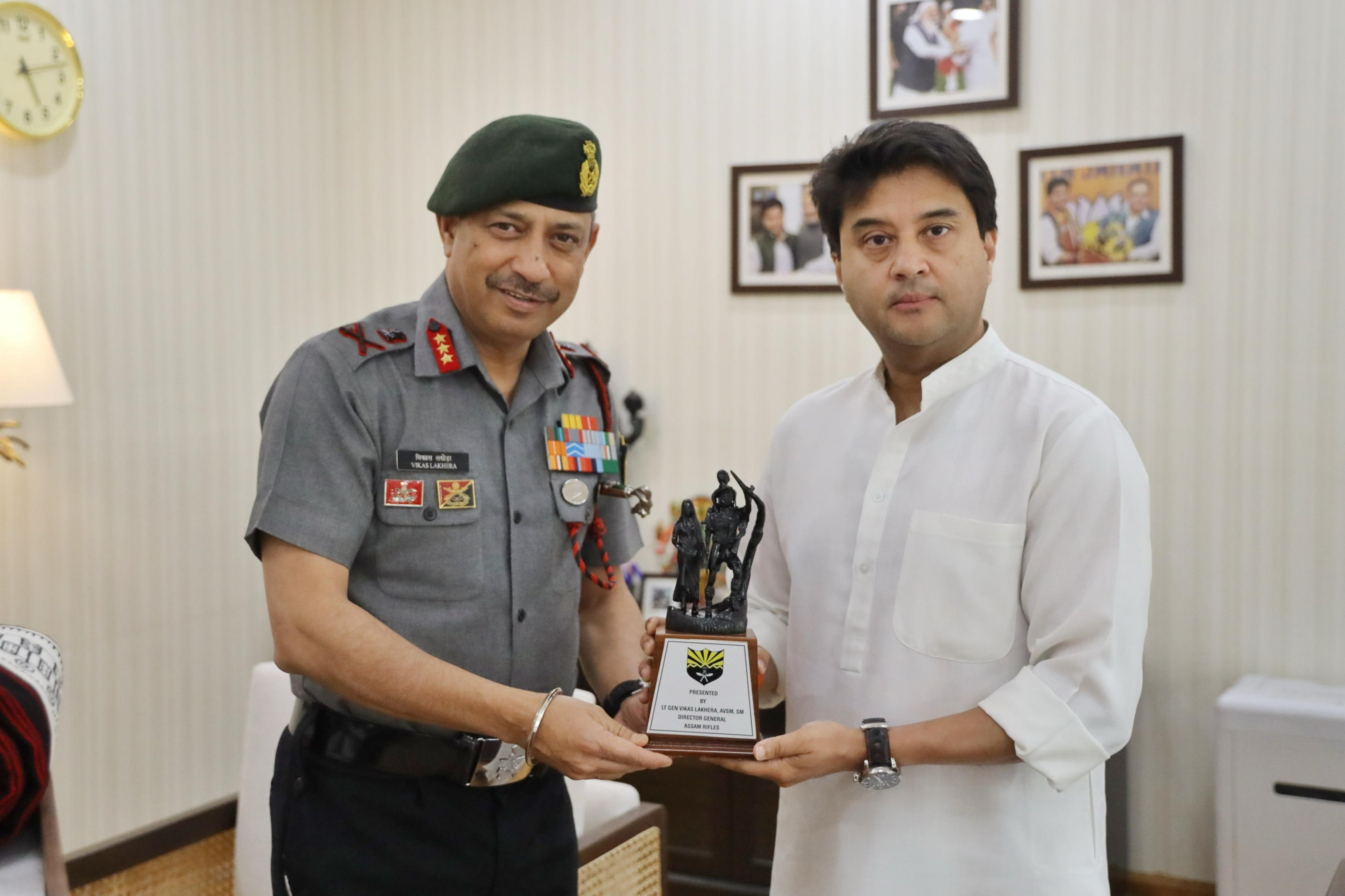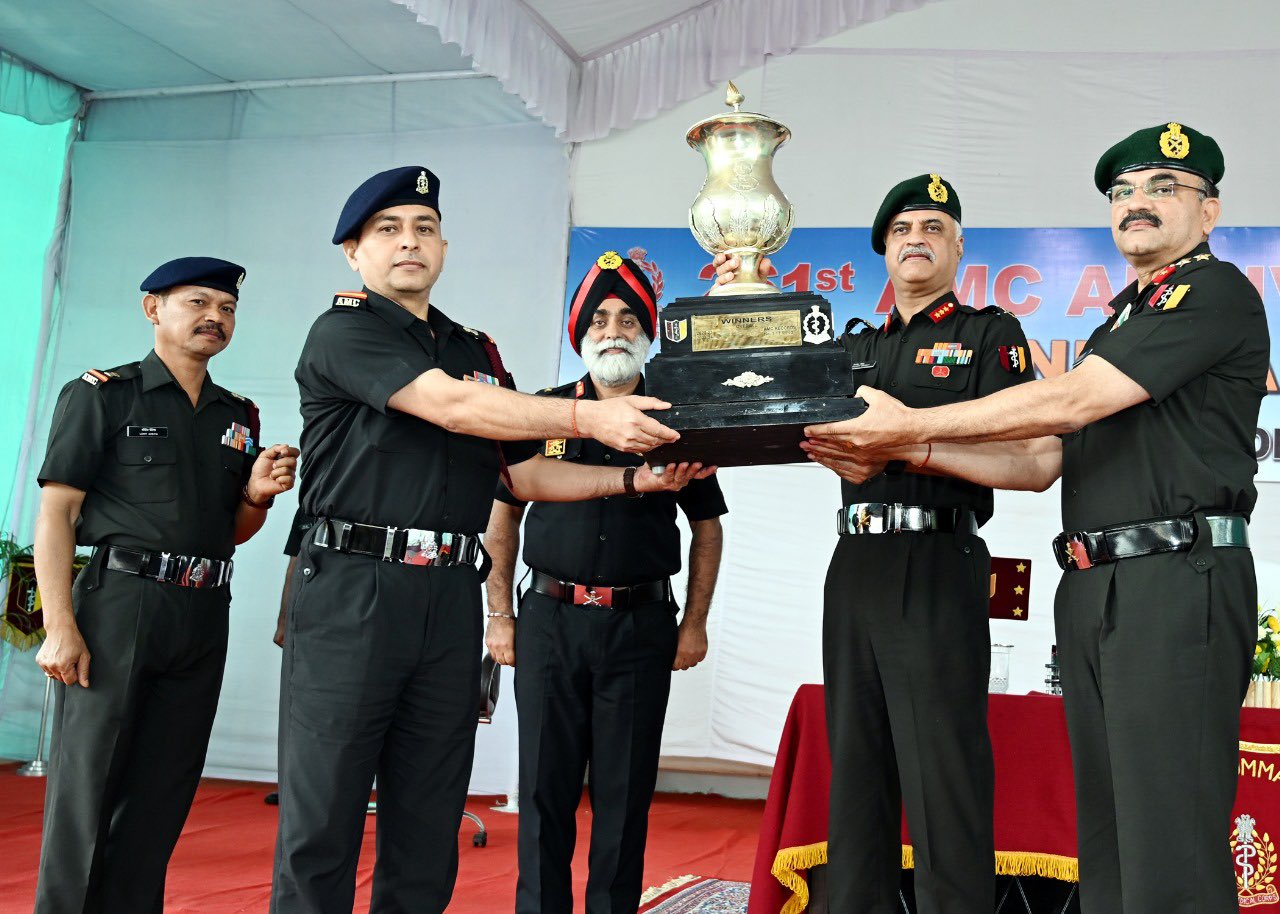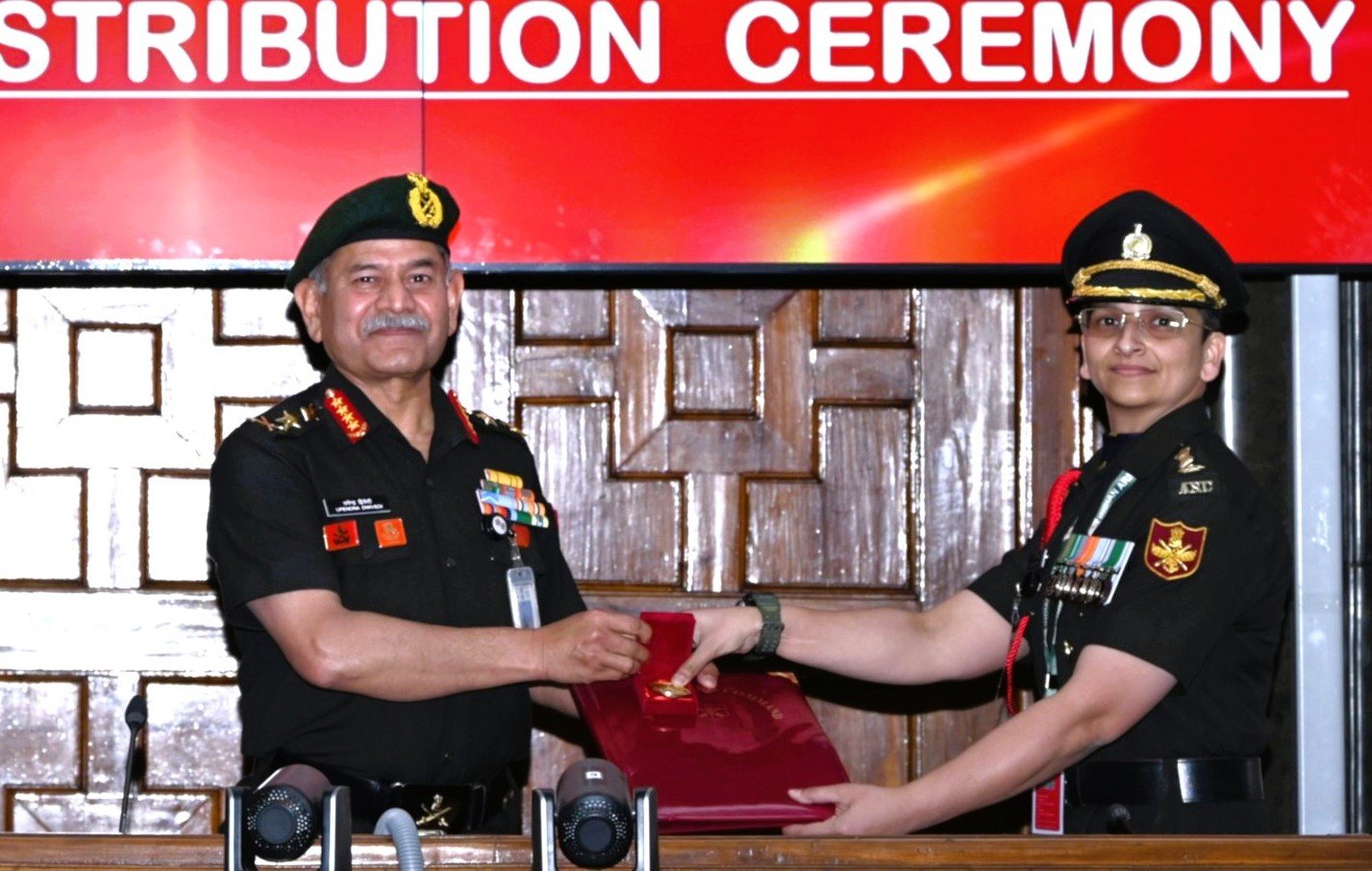India-Maldives relations have been a significant topic of discussion in recent times, especially for aspirants preparing for the SSB (Services Selection Board) interview. This article aims to provide a detailed understanding of the relationship between India and the Maldives, its historical context, key areas of cooperation, challenges, and the way forward. Let’s dive into the intricacies of this important bilateral relationship.
Historical Background
India-Maldives relations have a long-standing history that dates back to the 1960s when India was among the first countries to recognize the Maldives after its independence in 1965. Since then, both nations have fostered strong ties based on common ethnic, linguistic, cultural, religious, and commercial links. Over the years, they have supported each other in various multilateral forums such as the UN, the Commonwealth, the NAM, and the SAARC.
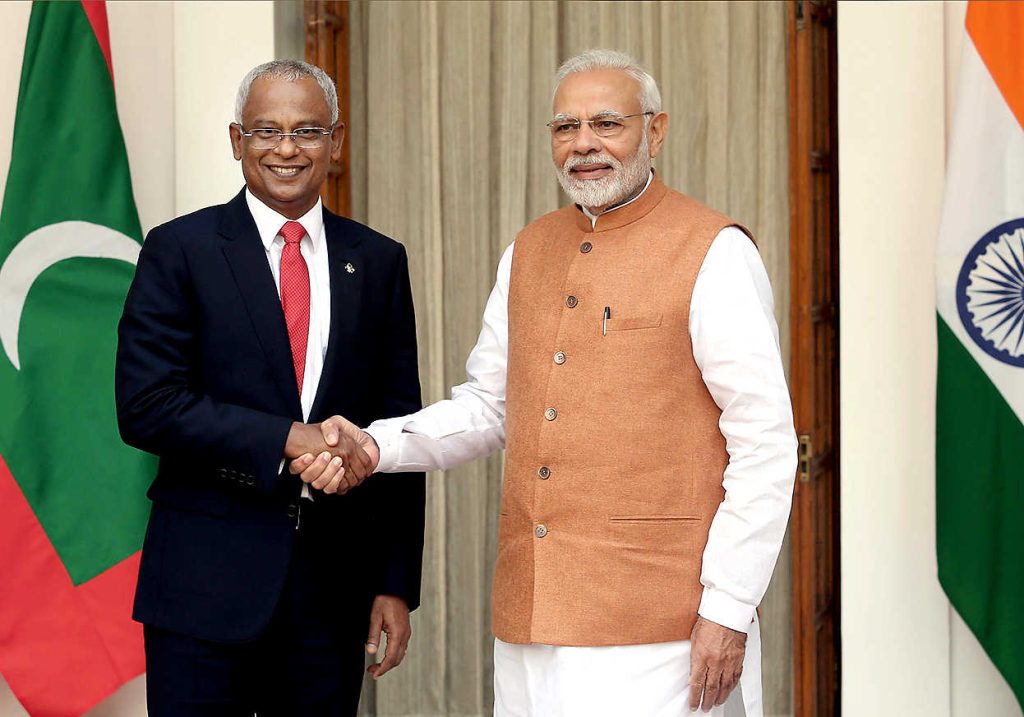
Key Areas of Cooperation
Security Partnership
India and the Maldives have forged a robust security partnership, strengthening defense cooperation through joint exercises and training programs. India has been instrumental in providing defense equipment, improving defense infrastructure, and training the Maldivian armed forces. Joint exercises like “Ekuverin” and “Dosti” have further enhanced the interoperability and coordination between the defense forces of both countries.
Economic Cooperation
Economic cooperation is a vital aspect of India-Maldives relations. India has been a significant trading partner for the Maldives, providing essential commodities like rice, wheat flour, sugar, and construction materials. India’s developmental assistance has played a crucial role in bolstering the Maldivian economy. Projects such as the Hanimaadhoo International Airport Development and the Greater Male Connectivity Project (GMCP) have contributed to the infrastructural growth of the Maldives.
Human Resource Development
India has been actively involved in the human resource development of the Maldives. Indian universities have been a preferred destination for Maldivian students pursuing higher education. The Indian Council for Cultural Relations (ICCR) scholarships have provided numerous opportunities for Maldivian youth to study in India. Indian teachers have been an integral part of the Maldivian education system, contributing to the overall development of the country’s education sector.
Defense and Security Cooperation
The defense and security cooperation between India and the Maldives is of paramount importance. India has been providing training, equipment, and assistance to enhance the capabilities of the Maldivian armed forces. The exchange of “White Shipping Information” between the Indian Navy and the Maldives National Defense Force has facilitated better maritime domain awareness and collaboration in ensuring regional security.
Challenges in India-Maldives Relations
Changing Foreign Policy Dynamics
The Maldives’ foreign policy has witnessed significant shifts over the years, impacting its relationship with India. The recent “India-out” policy pursued by President Mohamed Muizzu has raised concerns about the future trajectory of the bilateral relationship. The decision to choose Turkey as the first foreign destination and the non-renewal of the hydrography cooperation agreement with India have further strained the ties between the two nations.
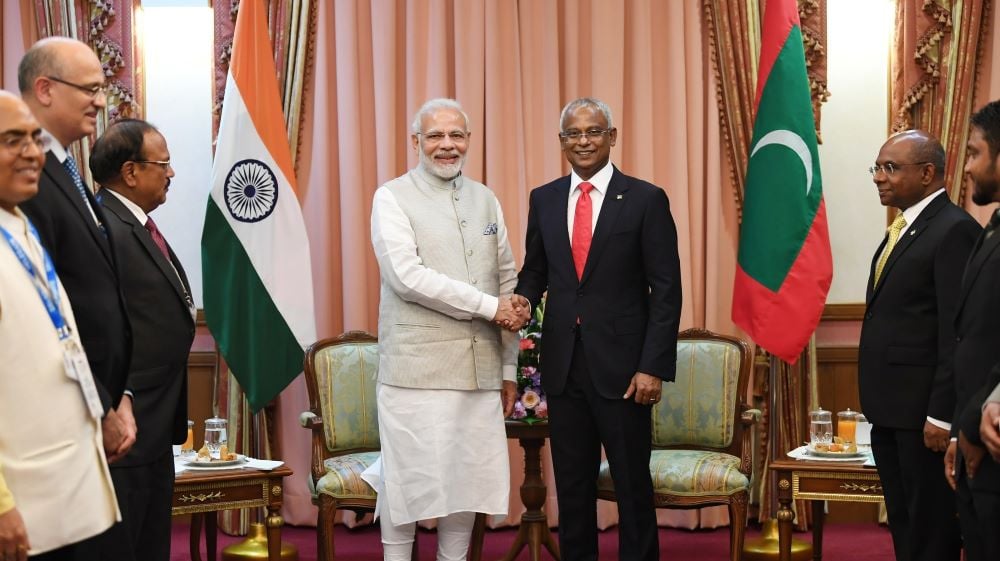
Chinese Influence
China’s growing influence in the Maldives has been a matter of concern for India. The Maldives’ participation in China’s Belt and Road Initiative (BRI) and the influx of Chinese investments in critical infrastructure projects have raised questions about India’s strategic interests and regional security. The development of Chinese-controlled ports and military facilities in the Indian Ocean region has added to India’s apprehensions.
Economic Crisis and Political Instability
The Maldives has been grappling with an economic crisis, leading to delays in the implementation of development projects and debt-related issues. Political instability, including changes in government and a constitutional crisis, has further complicated the bilateral relationship. India has been closely monitoring these developments and urging the Maldives to take necessary steps to address these challenges.
Terrorism and Extremism
India has expressed concerns about the rise of Islamic extremism in the Maldives and has been advocating for firm action against it. The Maldives, on the other hand, has its own approach and concerns regarding the handling of terrorism and extremism. Bridging this gap and ensuring effective cooperation in counter-terrorism efforts remains a challenge for both countries.
The Way Forward
Despite the challenges, there are several ways to strengthen India-Maldives relations and ensure stability in the Indo Ocean Region (IOR). Here are some suggestions:
- Engage in Diplomatic Dialogue: India must continue engaging with the Maldives at the diplomatic level to address concerns and find common ground on various issues. Regular dialogues and consultations can help build trust and foster a deeper understanding of each other’s perspectives.
- Strengthen Economic Cooperation: Enhancing economic cooperation, diversifying trade, and exploring new avenues for collaboration can contribute to the sustainable development of the Maldives. India can continue providing financial assistance, technical expertise, and capacity-building programs to support the Maldivian economy.
- Promote People-to-People Exchanges: Encouraging cultural exchanges, student scholarships, and tourism between India and the Maldives can foster closer ties and promote mutual understanding. People-to-people interactions are vital in building lasting relationships and bridging any existing gaps.
- Address Security Concerns: India and the Maldives should work together to address common security concerns, including terrorism and maritime security. Joint exercises, information sharing, and coordinated efforts can strengthen regional security and stability.
- Regional Cooperation: Both countries should actively engage in regional forums like SAARC and BIMSTEC to promote greater cooperation and address shared challenges. Collaboration with like-minded partners in the Gulf region, such as Saudi Arabia and the UAE, can also help in countering external influences detrimental to regional stability.
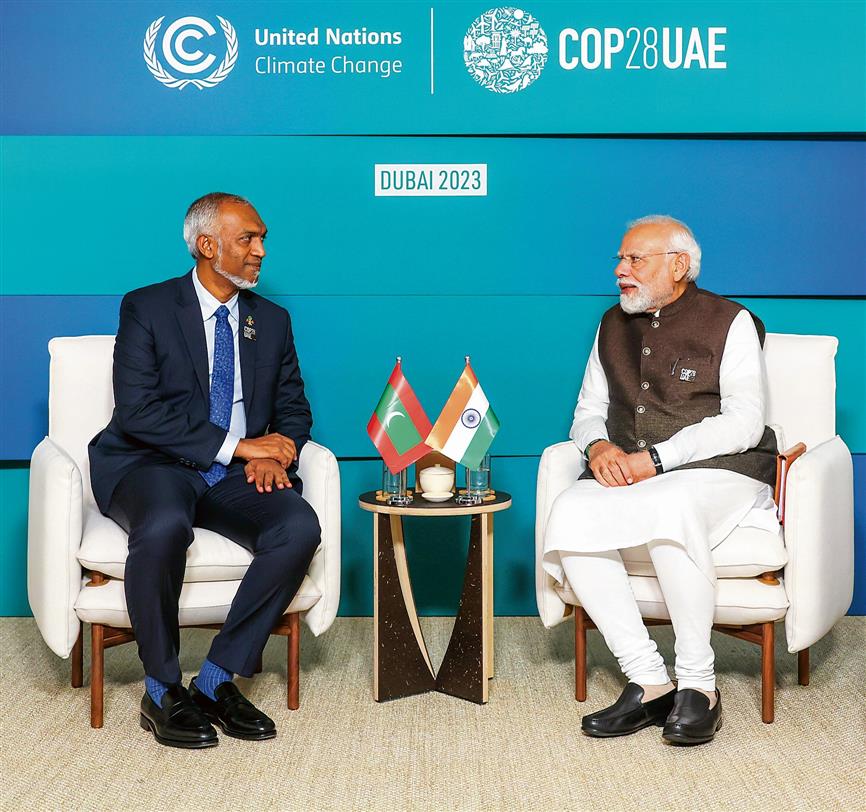
India-Maldives relations are multi-faceted and encompass various areas of cooperation. While challenges exist, there are ample opportunities to strengthen the bilateral relationship and ensure stability in the Indo Ocean Region. By adopting a proactive approach, engaging in diplomatic dialogue, and promoting economic and people-to-people exchanges, India and the Maldives can forge a stronger partnership for mutual benefit and regional security.
FAQs on India-Maldives Relations
Q1. What is the historical background of India-Maldives relations?
India recognized the Maldives after its independence in 1965 and has since developed strong ties based on shared cultural, linguistic, and commercial links.
Q2. What are the key areas of cooperation between India and the Maldives?
The key areas of cooperation include security partnership, economic cooperation, defense and security, human resource development, and trade and economy.
Q3. What are the major challenges in India-Maldives relations?
The major challenges include changing foreign policy dynamics, Chinese influence, economic crisis and political instability, and differences in approach to terrorism and extremism.
Q4. How can India and the Maldives strengthen their relations?
Both countries can strengthen their relations by engaging in diplomatic dialogue, promoting economic cooperation, encouraging people-to-people exchanges, addressing security concerns, and actively participating in regional forums.
Q5. What is the way forward for India-Maldives relations?
The way forward involves continuous dialogue, economic cooperation, people-to-people exchanges, addressing security concerns, and regional cooperation with like-minded partners.

